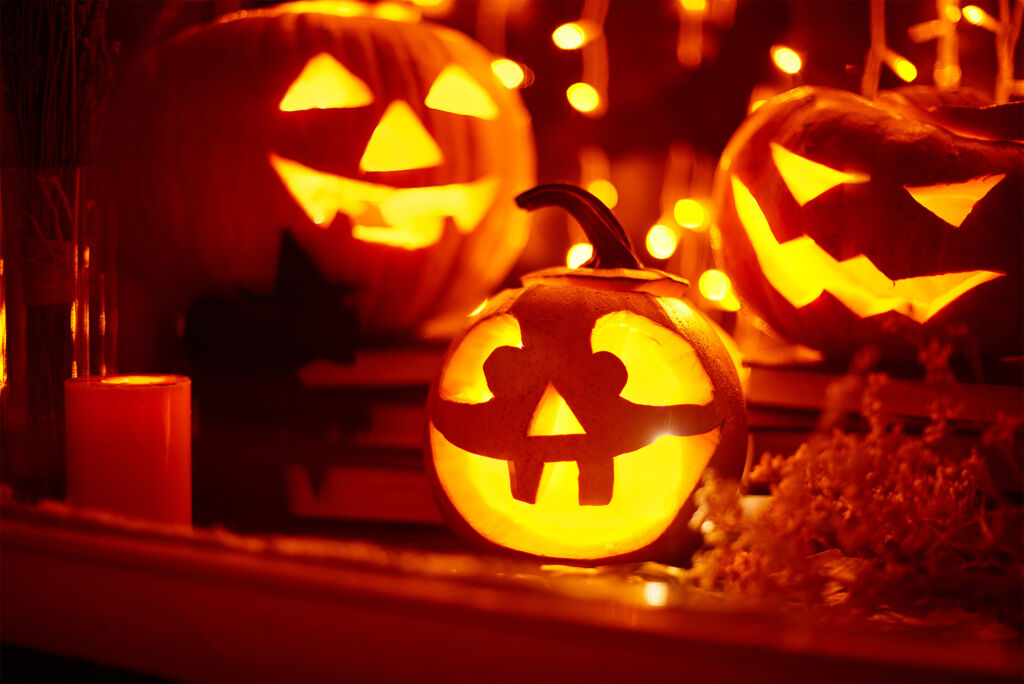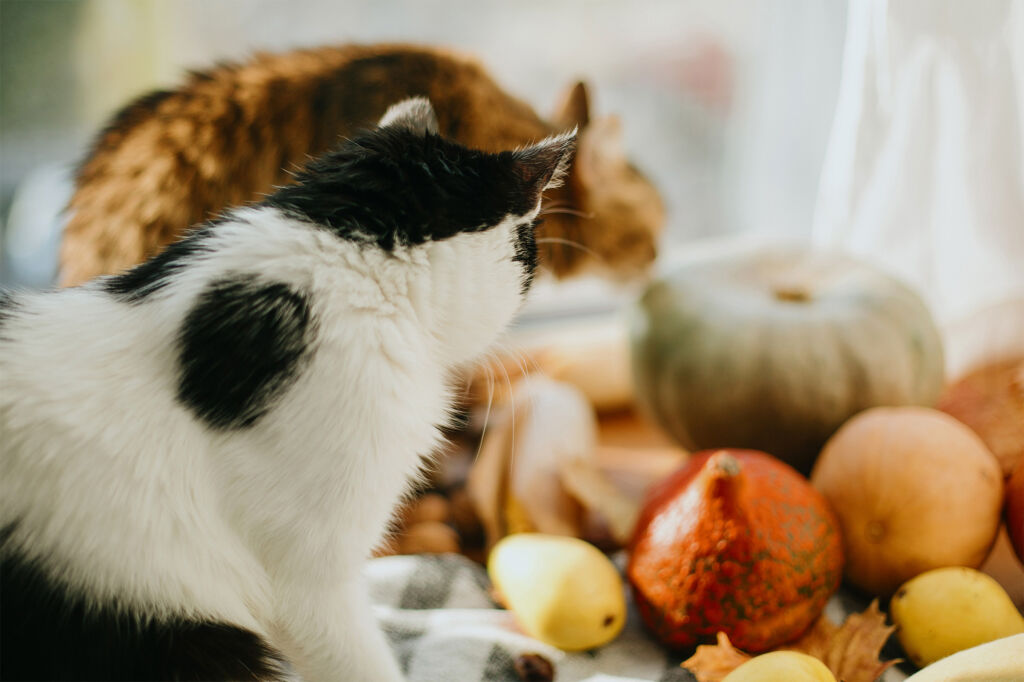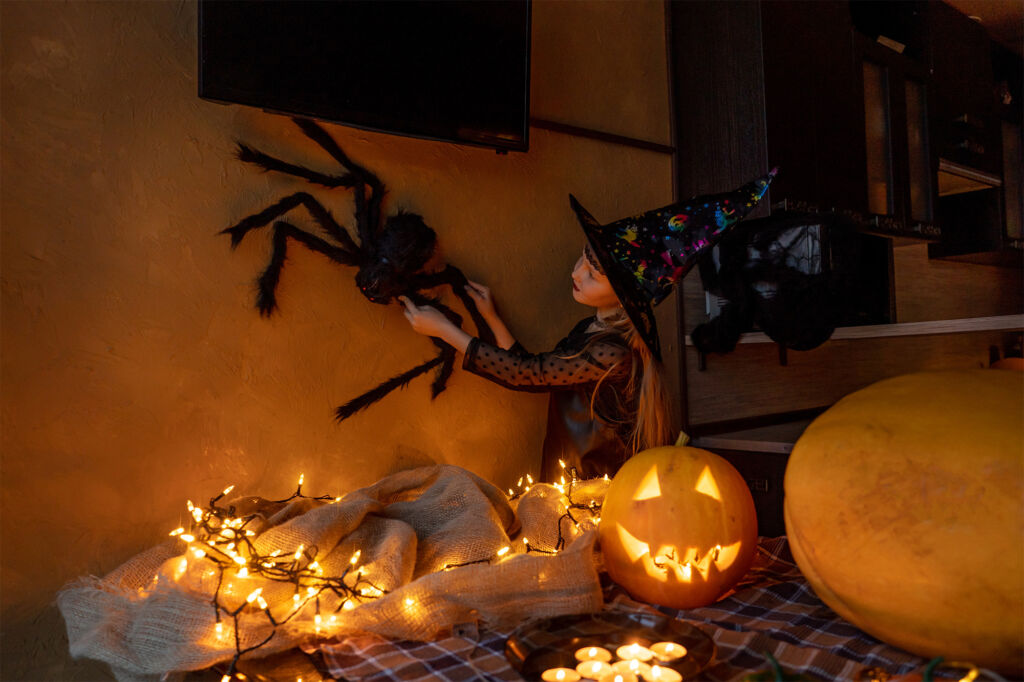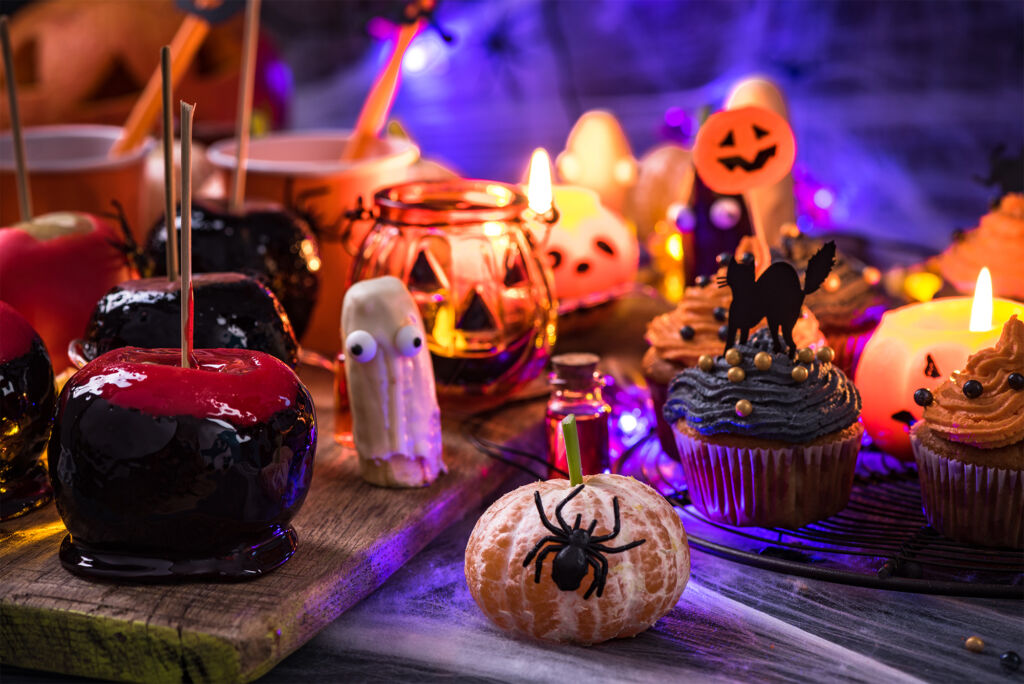Halloween is a holiday of Celtic origin , taken over today by many peoples of the Western world, it spread in the nineteenth century through Irish immigrants from the United States.
It is celebrated on the night of October 31, although in some countries the date of the holiday varies - for example, in Sweden it is celebrated on the first Saturday in November.

The name comes from the English language, from the expression All Hallows' Even, the name of the Christian holiday of all saints, a holiday with which Halloween has become associated in countries where Christianity predominates - Catholic, Reformed and Protestant, because in these Christian cults All Saints' Day is celebrated on November 1.
Halloween’s origins date back to the ancient Celtic festival of Samhain. The Celts who lived 2,000 years ago, mostly in the area that is now Ireland, celebrated their new year on November 1.

This day marked the end of summer and the harvest and the beginning of the dark, cold winter, a time of year that was often associated with human death.
Celts believed that on the night before the new year, the boundary between the worlds of the living and the dead became blurred. On the night of October 31 they celebrated Samhain, when it was believed that the ghosts of the dead returned to earth. Celebrants would light bonfires and dress in frightening costumes in an attempt to confuse the spirits and ward them off. That is reason why houses are decorated with scary figures for Halloween, to keep the bad spirits away from homes.

Specific for Halloween is the carved pumpkin that represents Jack’s Lantern. On this holiday, children disguise themselves as wizards, mummies or other characters and carol around the houses asking Trick or Treat?
A threat that if they are not given sweets, the carolled person will be played a prank.
In other countries, Halloween is celebrated with parades and carnivals.




